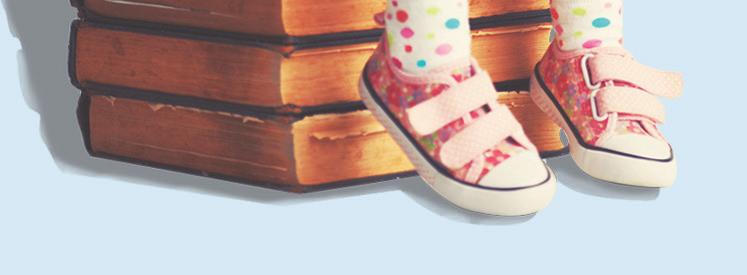
3 minute read
AZ Jewish Historical Society event centers on importance of l’dor v’dor
MALA BLOMQUIST | MANAGING EDITOR

Advertisement
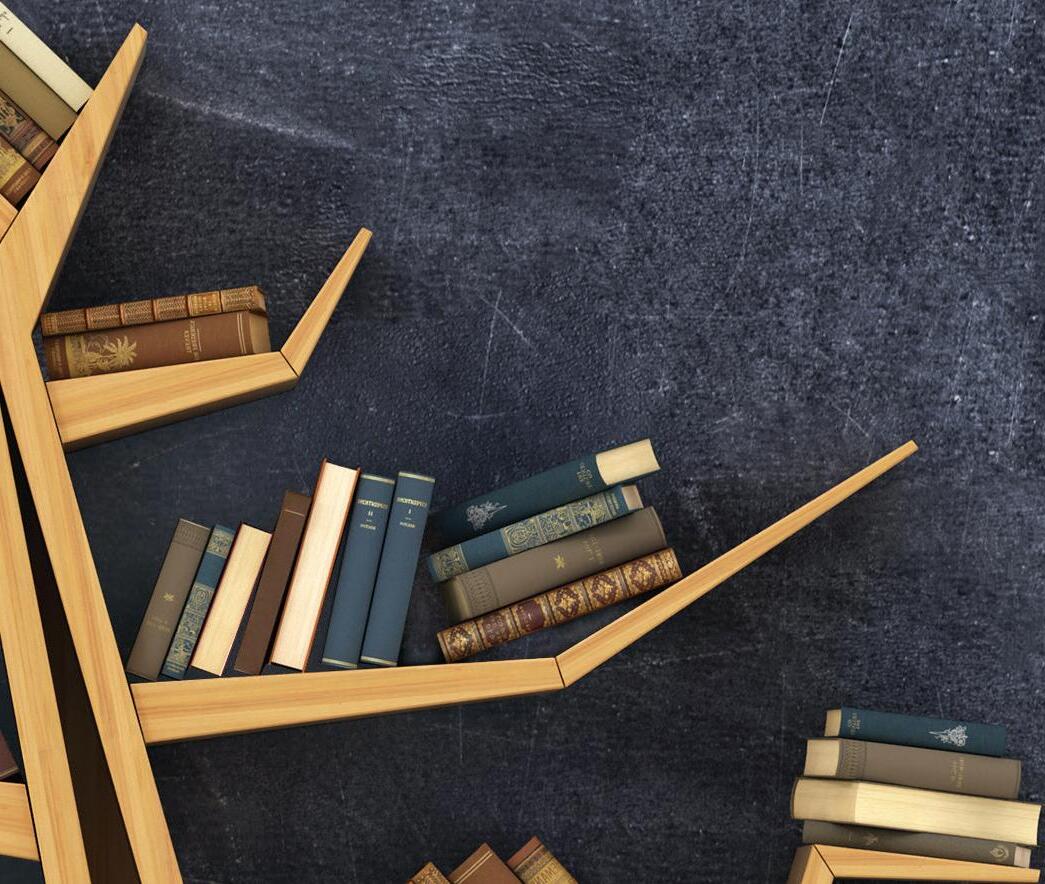
At the annual meeting of the Arizona Jewish Historical Society (AZJHS) on Sunday, May 21, several speakers emphasized the importance of the well-known Jewish expression l’dor v’dor, from generation to generation. The words are also inscribed on the plaque in the main hall in a dedication: “The Lewkowitz Family Sanctuary in honor of Jerry Lewkowitz from generation to generation,” with l’dor v’dor written in Hebrew.

The event introduced new board members, honored Dr. Robert Kravetz with the Louise Leverant Enduring Legacy Award and featured genealogy researcher and anthropological archaeologist, Emily Garber, as the keynote speaker.
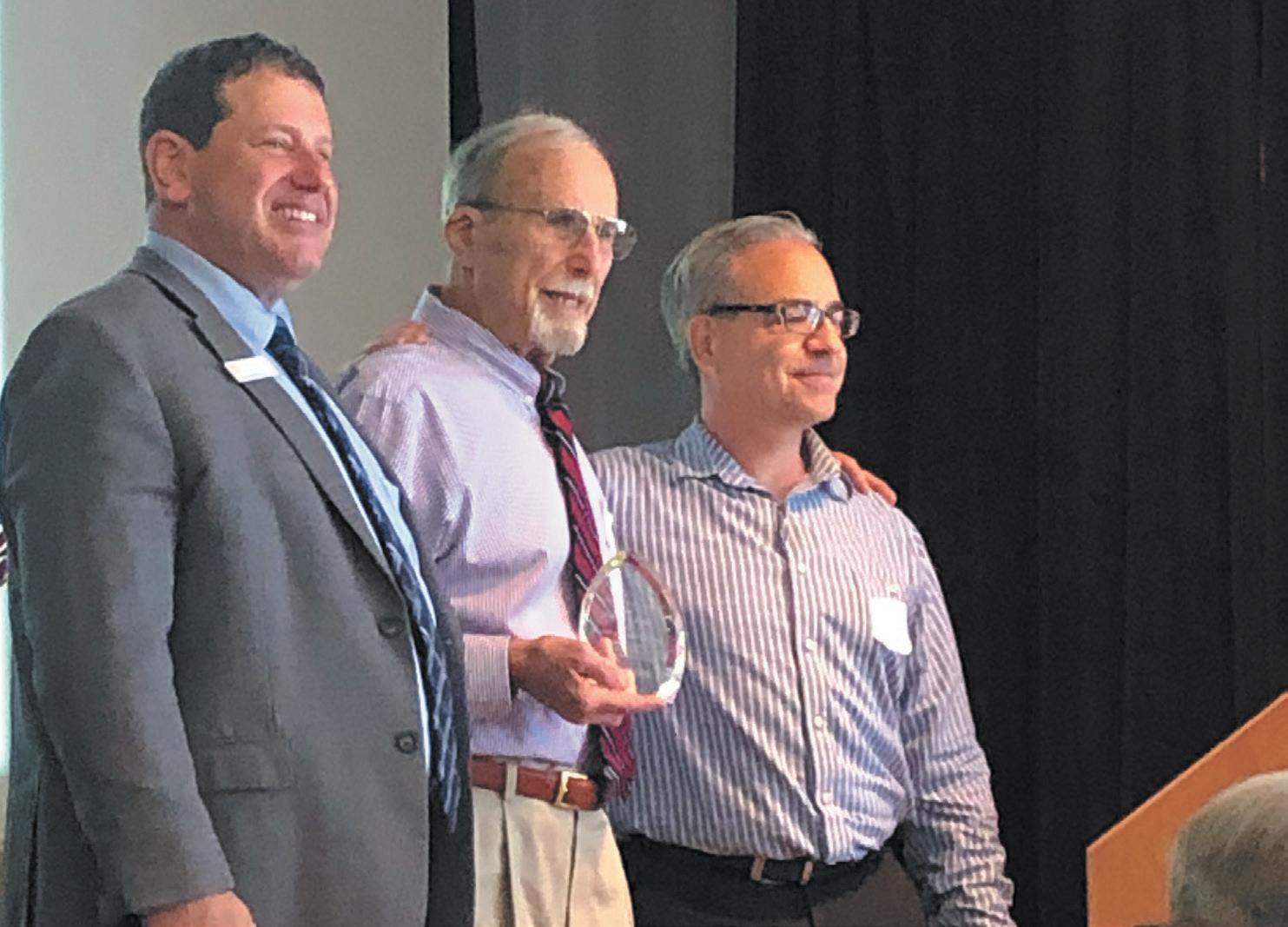
Kravetz is the first recipient of the Louise Leverant Enduring Legacy Award. Leverant, who passed away in 2022, served as a past president and past secretary of the AZJHS.
“In many ways, Louise Leverant was the heart and soul of this organization and there was never a person more dedicated to what we are doing,” said Dr. Lawrence Bell, executive director of the AZJHS. “So, we decided to create an award in her memory.”
Rabbi Jeffrey Schesnol, associate director of the AZJHS, gave a tribute to Leverant. In it, he spoke about how genuine, honest and authentic she was and, as a dedicated board member, how the annual meeting was a labor of love for her because it honored people she cared about.
“We are more than individuals; we have connections — that’s how we’re born and that’s why we never completely die — we receive our inheritance, we leave our legacy,” said Schesnol. “Louise is a part of that long chain of life; it continues, l’dor v’dor, from generation to generation, through her children.”
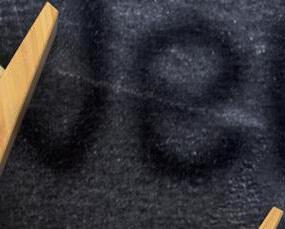
“I’ve received many awards in the past, but this one is much more meaningful because it’s in honor of Louise,” said Kravetz. “She was an extraordinary person and was always there for us, so, for me, this is going to be a very special award I will cherish.”
Kravetz is a retired gastroenterologist who still teaches, and is the oldest professor on staff, at the University of Arizona College of Medicine–Phoenix. He has served on the boards of the AZJHS, Bureau of Jewish Education of Greater Phoenix and the Jewish Federation of Greater Phoenix, among others.
Kravetz has also donated his extensive personal collection of medical artifacts that are housed in cases located in hospitals, medical campuses and doctors’ offices in the Greater Phoenix area. Both he and his wife, Nancy, have written and published comprehensive family histories.
“I’m a medical historian and very interested in family history, l’dor v’dor,” said Kravetz. “I believe the best legacy that you can give your family, your children and grandchildren, is for them to know the history of where they came from, their roots. There’s a quote, ‘If you don’t know where you came from, you don’t know where you are going,’ and I really believe that.”
He encouraged everyone to interview older relatives because he said if you don’t preserve the stories, they will be gone forever. “I urge all of you to interview and have your children interview you,” he added.
Garber, chair of the Phoenix Jewish Genealogy group and an AZJHS board member, said that the opportunity to impart these stories to the next generation occurs at “various simchas: Passover, Thanksgiving or just over the table when we get together for dinner each night.”
She shared results from research done by Emory University psychologists Robyn Fivush and Marshall Duke on adolescents, evaluating their knowledge of their own family narratives and how it related to their resilience and self-worth. They found that the greater the child’s knowledge of family history, the greater their sense of control and self-esteem. Their confidence level in facing adversity in life was also much higher.
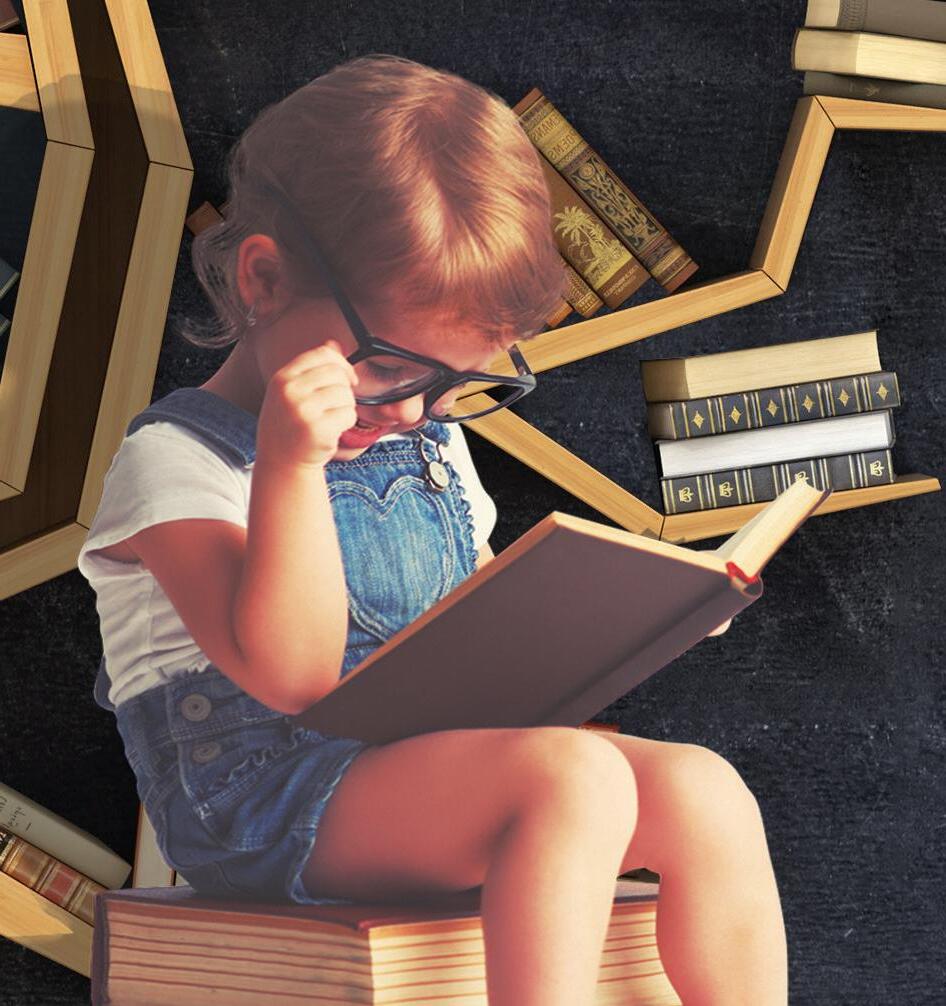
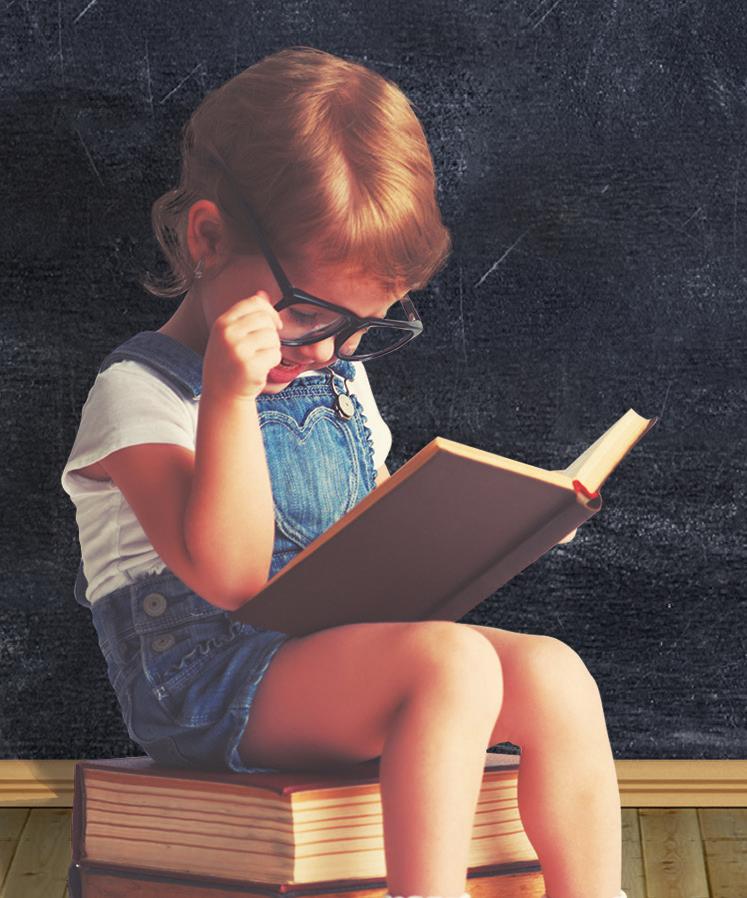

“Even more important, is the intergenerational connections involved in telling these stories and imbuing our offspring with these stories,” said Garber.
Garber read Kravetz’s family history books and reached out to his granddaughter, Nina Kravetz, to ask her about the impact the stories have had on her. Nina shared with Garber that she tells her grandparents whenever she looks at the books and through reading them, she knows her ancestor’s names and feels a connection to those people.
“She was so thoughtful and said these stories are but .001% of the lives of these people and yet it is such a gift. We don’t know other aspects of their lives but these stories themselves can give us a little bit a sense of who they were,” said Garber. “She also said it’s interesting because it gives her a feeling for how she fits into the greater Jewish diaspora.”
Garber also shared some history about her own family and mentioned that telling stories of difficult times is equally important as sharing the good times because it shows how people dealt with adversity, overcame it and became better as a result.
“It gives us a sense of accountability; it’s a little bit of a burden because for some of us, it’s something that we want to live up to when we see what they’ve gone through. The arc of their lives is instructive in itself.” JN
For more information, visit azjhs.org.










